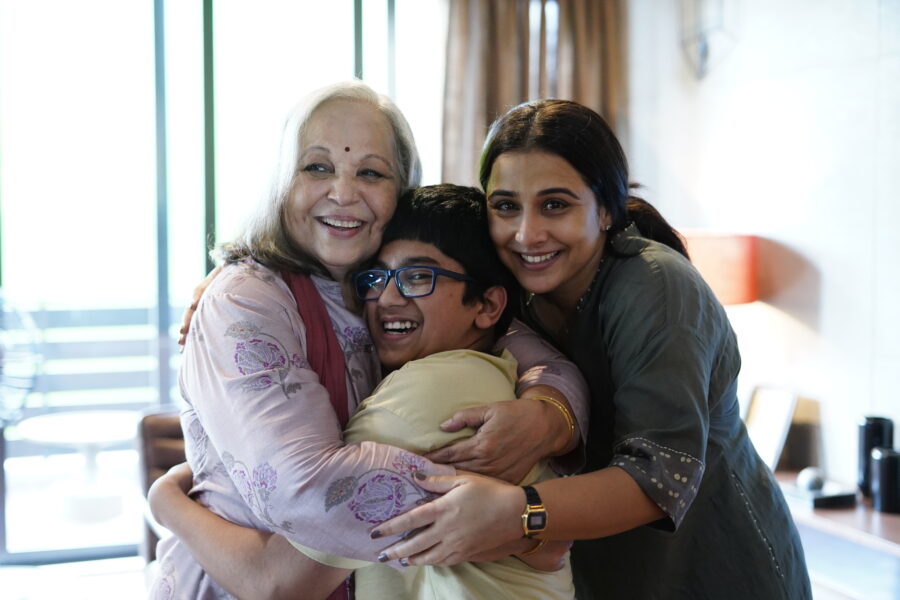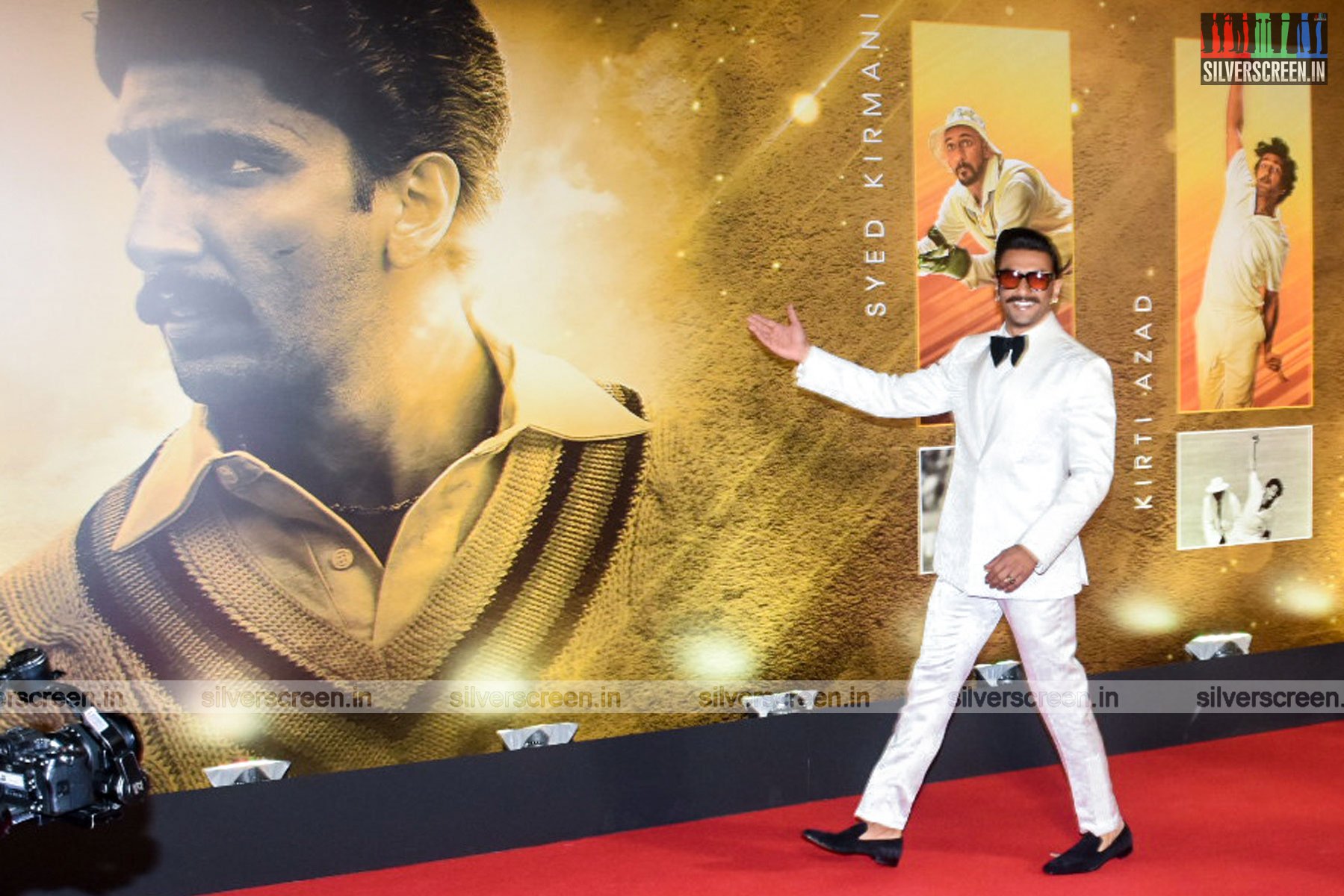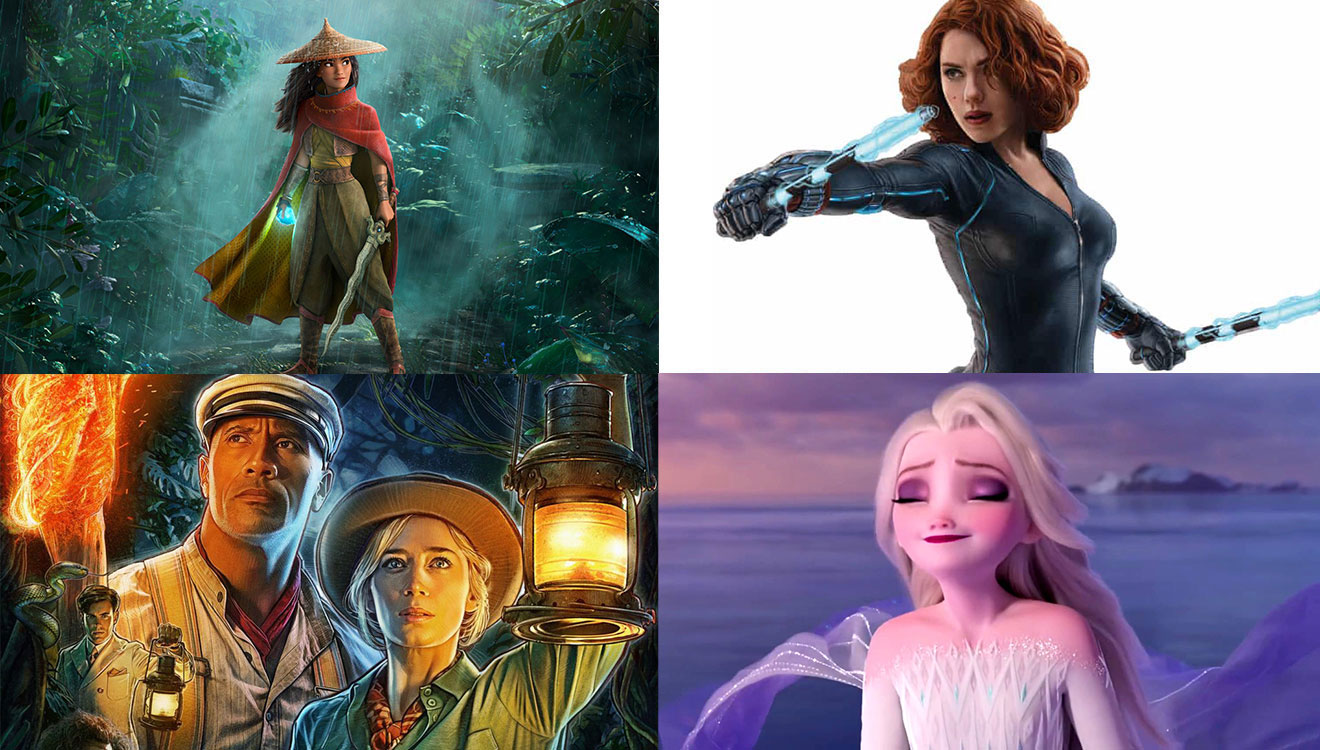Surya Kasibhatla made his acting debut with Suresh Triveni’s Jalsa. “I’ve wanted to become an actor from the age of four,” he tells Silverscreen India over e-mail, adding that he hails from a family that loves to watch movies.
But prior to Jalsa, Kasibhatla had not even got the opportunity to audition for a film, let alone the chance to act in one.
Jalsa follows the downfall of Maya Menon (Vidya Balan), a well-respected journalist, after an accident. The film also features Shefali Shah as Ruksana Mohammad, Maya’s cook and caretaker to Maya’s son Ayush, and Rohini Hattangadi in another pivotal role.
[Read Silverscreen India’s review of the film here]
Kasibhatla, who has cerebral palsy, played Ayush, who has the same condition in the film. His casting sets Jalsa apart since it is one of the rare examples of an actor with a disability being brought on board to play a character with the disability.
“The casting team had put out a message about this opportunity and my physio-therapists from India forwarded this message to my mother. The casting team of Jalsa and the director identified me as the best fit for the role after a virtual audition,” he says.

“First of all, I was very excited when I got an opportunity to audition. I just wanted to give my best in the audition, and I did. And when I got selected, it was a no-brainer,” he adds.
Kasibhatla says he resonated with Ayush’s character due to the latter’s love for food and cricket, and “because he is someone who is affectionate and stands up for what he thinks is right.”
The highlight, though, was working with Vidya Balan.
“Who would want to miss an opportunity to play Vidya Balan’s son?” Kasibhatla says, adding that he has grown up watching the actor’s films.
Kasibhatla remembers receiving a welcome note from Balan after his arrival in Mumbai, and says that he was awestruck when he met her for the first time.
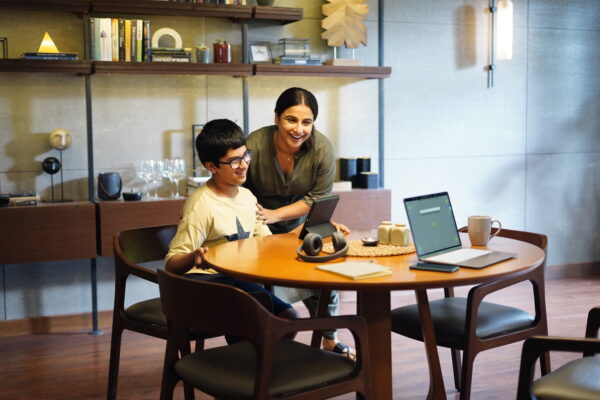
“It took me a second to believe that it was not a dream. I couldn’t say a word. But she broke the ice by asking if she could hug me and that made me feel comfortable. And she spent time understanding what I like to do, what I love to eat, etc. The conversation was so casual that within minutes, I started to feel at home. She is a very warm and kind person,” he says.
Although his introduction to Shah was only through one episode of the International Emmy Award-winning series Delhi Crime, Kasibhatla says he felt close to her instantly. “I love the way she acts with her eyes. When I met her for the first time, she spent a lot of time talking to me. She appreciated the poems I wrote.”
Preparations for his role and improvisations on set
Workshops and readings with Balan, Shah, and Hattangadi were part of the preparation process for Kasibhatla.
Prior to the commencement of the film’s shooting, Kasibhatla travelled to Mumbai along with his mother, for a couple of months. He attended workshops that were headed by a coach along with director Triveni.
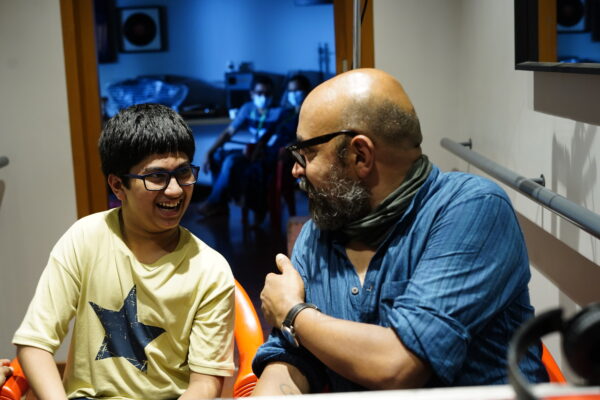
“I learned how to correlate music with emotion, how to imagine a situation and react accordingly and how to use different levels of tone to emphasise an emotion, etc. Vidya ma’am was also a part of some of my workshops. We did impromptu scenes and I learned how to give the most natural reaction to any dialogue. We also did trust exercises, played a few games, and these helped me build a rapport with her.”
Kasibhatla adds that Triveni was very supportive and credits this, in part, to the director being previously acquainted with someone with cerebral palsy. “Suresh sir asked me to read out the dialogues and he changed a few of them to make it easy for me. He also answered any questions I had regarding my character and my dialogues. Sometimes, when I wanted to add small nuances, he gave me the freedom to do it.”
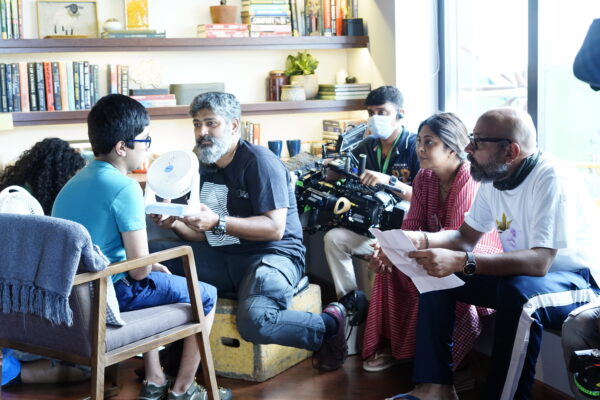
Kasibhatla made some contributions to the character’s development as well, while shooting. “I tried to imagine how Ayush would behave in a certain situation. And during the shoot, if I felt I could do better, I used to ask Suresh sir for one more take. I also tried to bring in improvisations with small expressions.”
Plans for the future and the need for inclusive writing
Currently, Kasibhatla is basking in the success of Jalsa. He wishes to act in more films, especially ones that are positive and inspiring.
“Cerebral Palsy is just a condition. Actors with cerebral palsy can do whatever others can in their own capacity; they might just need some accommodations. I would love to act in roles that allow me to explore different emotions and bring out the best of my acting abilities,” he says.

The film industry, in general, rarely encourages actors with disabilities. However, this year has been heartening in that regard thanks to the recent Best Picture Oscar for CODA (Children of Deaf Adults) and Best Supporting Actor win for Troy Kotsur, the first male deaf actor to win an Academy Award.
But back home in India, aside from rare exceptions like Jalsa, Ahaan and Thirike, most films tend to have actors who are not from the disabled community playing characters with a disability. Some prominent examples include Kalki Koechlin playing the role of a student with cerebral palsy in Margarita With a Straw, Priyanka Chopra essaying the role of an autistic Jhilmil in Barfi, and Shahrukh Khan as the autistic Muslim man Rizwan Khan in My Name Is Khan.
Kasibhatla feels this must change. “Honestly, the mindset needs to change to bring inclusivity natively to the stories. Since writing is based on observation and creativity, writers should put those skills fully to use in understanding and representing the differently-abled community better,” he says.
Jalsa is currently streaming on Amazon Prime Video.
